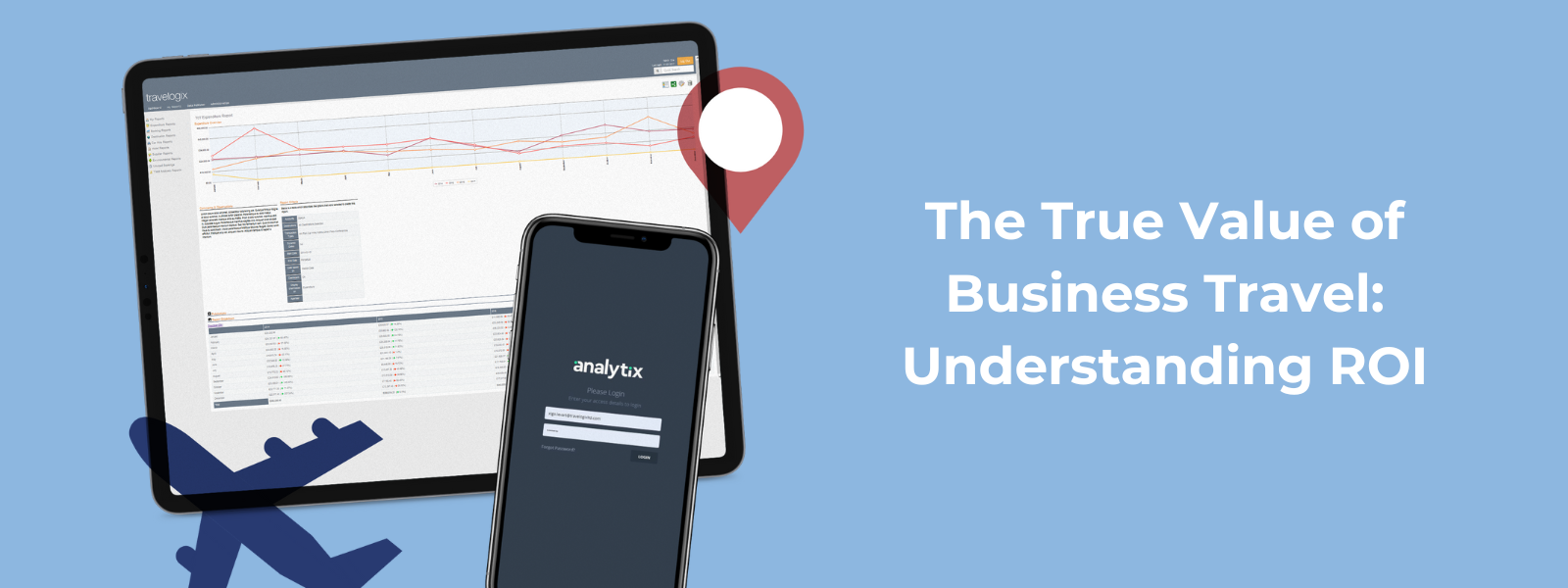With virtual meetings and remote work becoming the norm for many in the corporate world, some may question the relevance of business travel. After all, why spend money on face-to-face meetings if video calls are free?
While technology offers convenience, it cannot fully replicate the profound impact of face-to-face interactions. For businesses looking to thrive in a competitive landscape, understanding the true value of business travel, and its return on investment (ROI), is essential.
The importance of face-to-face interaction
While emails, video calls, and instant messaging have their place, nothing quite compares to the effectiveness of in-person meetings. Personal connections foster trust, a crucial component in any business relationship. Face-to-face meetings also allow for richer communication, with non-verbal cues and body language adding depth to conversations.
This level of engagement often results in stronger relationships, clearer negotiations, and better alignment between partners.
Moreover, being physically present demonstrates commitment, which can be a decisive factor in closing deals, securing partnerships, or resolving conflicts. So, the immediate benefits of business travel often translate into long-term business success, making it a key element in a company’s strategic toolkit.
Evaluating the ROI of business travel
Calculating the ROI of business travel can be complex, as it involves both tangible and intangible factors. Traditional metrics, such as increased sales, new contracts signed, or partnerships formed, are straightforward and easily quantifiable.
However, the true value of business travel often lies in intangible outcomes — those elements that do not directly appear on a balance sheet but have a significant impact on a company’s growth.
Intangible benefits might include enhanced brand reputation, stronger client loyalty, or the acquisition of crucial market insights that could inform future strategy. For instance, attending an international conference might not result in an immediate sale but could position your business as a thought leader in your industry, opening doors to future opportunities.
Strategic planning for maximum impact
To truly maximise the ROI of business travel, it’s important to approach things with a strategic mindset. This involves careful planning — from selecting the right events and meetings to ensuring that travel budgets are used efficiently.
Considerations should include the potential value of the trip, the goals you aim to achieve, and how these align with your overall business objectives.
For example, a sales team attending a trade show should not only focus on immediate lead generation but also on building long-term relationships with key industry players.
Similarly, senior executives might use overseas trips to gain on-the-ground insights into emerging markets, allowing for more informed decision-making back home.
Balancing costs and benefits
While the benefits of business travel are clear, so too are the costs. Flights, accommodation, and other expenses can add up, especially for international travel. Therefore, businesses must weigh these costs against the potential benefits to ensure a positive ROI.
This is where a robust travel management strategy becomes invaluable. By working with a specialist business travel management company, businesses can optimise their travel plans, securing the best deals on flights and hotels, while also ensuring that all travel arrangements align with the company’s strategic goals. This not only helps in controlling costs but also ensures that every trip contributes to the overall success of the business.
The future of business travel
As the business world continues to evolve, so too will the role of business travel. However, what remains constant is the need for human connection in building and sustaining successful business relationships. Companies that recognise and invest in the value of face-to-face interactions will continue to thrive, even in an increasingly digital world.
Understanding the true ROI of business travel involves looking beyond the immediate costs and focusing on the broader impact that travel has on your business’s success. By strategically planning and managing business travel, companies can ensure they reap the maximum benefits from every trip, solidifying their position in the market and paving the way for future growth.
Ready to optimise your travel strategy and ensure every journey delivers the best return on investment? Contact our team to learn more.
